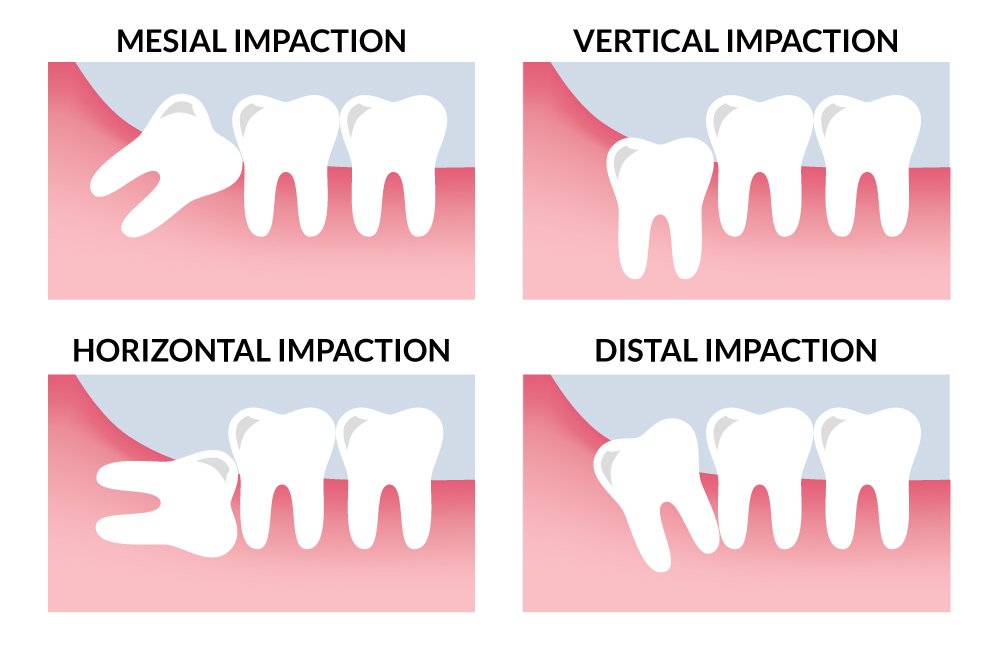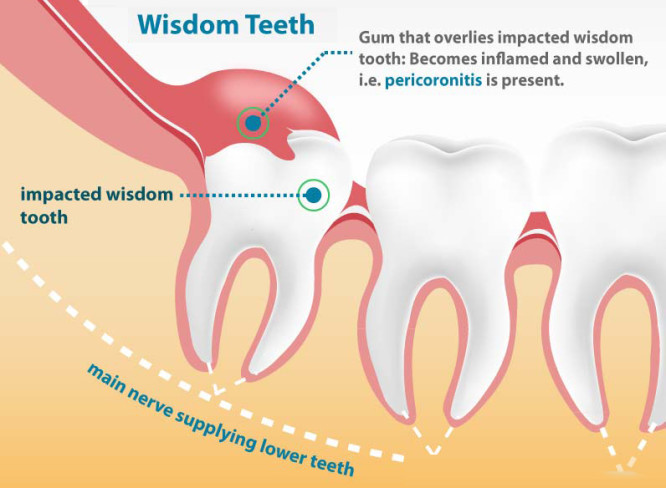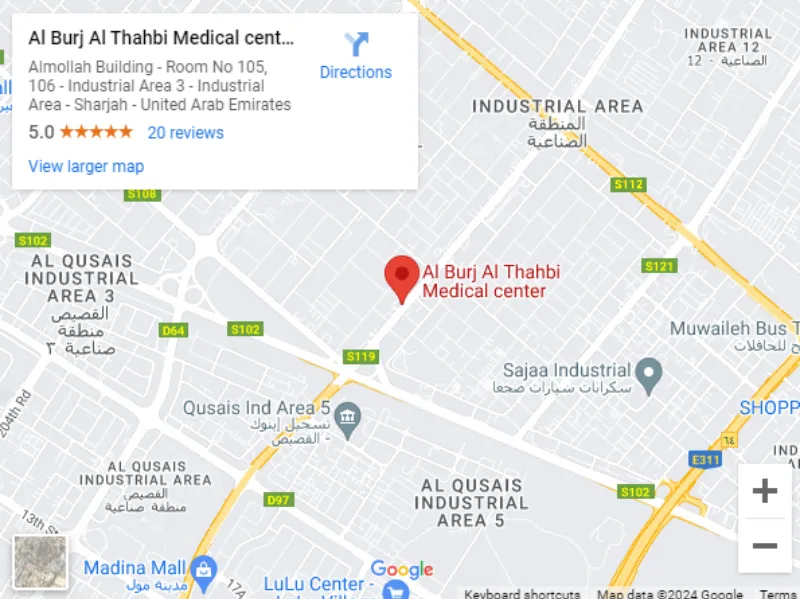Wisdom Tooth Extraction
Painless Treatment With Flawless Accuracy
Wisdom teeth are the last teeth to erupt in the mouth. They are the third set of molars that typically emerge between the ages 17 and 25.
They do not cause problems as long as they come through in the right position. However, if there is not enough room for them to grow in, if they are unable to erupt fully through the gums or if they are impacted or trapped in your jaw under your gums, your wisdom teeth may need to be extracted.
What Are The Details Associated With A Wisdom Tooth Extraction?
Whether a wisdom tooth is erupted, impacted, or partially erupted they can cause different kinds of infections, pain, and problems. The best way to evaluate these wisdom teeth is by visiting your dentist, and having an x-rays to see if there are active bone and gum infections around the tooth. Mainly due to the fact that wisdom teeth are the hardest teeth to keep clean in the mouth they are the main teeth to get decay and food debris stuck in and around them. Once this takes place, further gum infection, abscesses, and further diseases that can spread to the rest of the mouth, and in rare cases, to the rest of the body. The best way to undertake is to have a consultation, in order to not think of all the potential issues that can come with leaving decayed or infected wisdom tooth.

Frequently Asked Questions
- Red or swollen gums
- Tender or bleeding gums
- Jaw pain
- Swelling around the jaw
- Bad breath
- An unpleasant taste in your mouth
- Difficulty opening your mouth

- Damage to other teeth. If the wisdom tooth pushes against the second molar, it may damage the second molar or increase the risk of infection in that area.
- Cysts. The wisdom tooth develops in a sac within the jawbone. The sac can fill with fluid, forming a cyst that can damage the jawbone, teeth and nerves. Rarely, a tumor — usually noncancerous (benign) — develops. This complication may require removal of tissue and bone.
- Decay. Partially impacted wisdom teeth appear to be at higher risk of tooth decay (caries) than other teeth. This probably occurs because wisdom teeth are harder to clean and because food and bacteria get easily trapped between the gum and a partially erupted tooth.
- Gum disease. The difficulty cleaning impacted, partially erupted wisdom teeth increases the risk of developing a painful, inflammatory gum condition called pericoronitis (per-ih-kor-o-NI-tis) in that area.
On the other hand, for patients who have high levels of anxiety there is good news. Different forms of sedation have become available today. Depending on the level and severity of anxiety, we will prescribe the necessary sedation needed, which can be ranged from anxiolysis (light) and conscious sedation, in order to make the procedure smooth and comfortable.
Moreover, we do Piezoelectric surgery for delicate cases of wisdom teeth removal which is a minimally invasive technique that lessens the risk of damage to surrounding soft tissues and important structures such as nerves, vessels, and mucosa. It also reduces damage to bone tissue and permits good survival of bony cells during surgery. He is one of the few dental surgeons in Sharjah who is using this ultrasonic technology as it is very advanced technique and the least invasive.
Enquire Now
Request An Appointment
Request A Callback
Get right dental care book with your doctor!
Or Connect on Whatsapp
Whatsapp 050 5029261Al Burj Al Thahbi Medical Center

Almollah Building - Room No 105, 106 - Industrial Area 3 - Industrial Area - Sharjah - United Arab Emirates
050 5029261 Google Map
